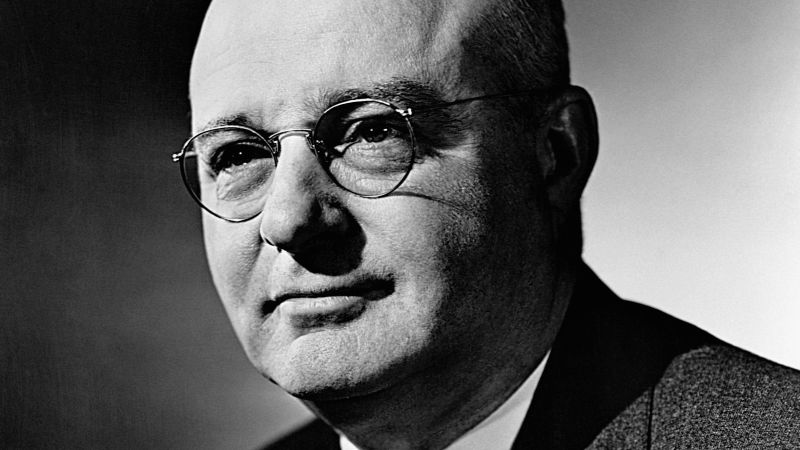The copious amounts of sugar in our diets, antibiotics for livestock (or just factory farming in general), single-use plastics, and new pesticides/herbicides are today’s things that are “perfectly safe”…but not really.
With the exception of medicine, a big issue in the U.S. at least is that companies don’t have to proactively prove a new chemical/product is safe for the environment or public health before selling it. The EPA really only has the authority and staffing capabilities to step in once issues arise years or decades later. Just look at PFAS which are finally getting regulated decades too late.
Just watched Dark Water. DuPont…
Example:
Many pesticides contain PFAS, some directly, but the EPA has determined it was mostly from prevuously unreported chemical reactions between the pesticides and their PFAS laced containers.
The same chemicals that have now been rated as “not safe in any quantity.”
Gee, why are all the frogs and songbirds dying?
decades too late
Actually almost 100 years now.
From the Wikipedia article:
Midgley’s legacy is the negative environmental impact of leaded gasoline and freon. Environmental historian J. R. McNeill opined that Midgley “had more adverse impact on the atmosphere than any other single organism in Earth’s history”, and Bill Bryson remarked that Midgley possessed “an instinct for the regrettable that was almost uncanny”. Fred Pearce, writing for New Scientist, described Midgley as a “one-man environmental disaster”
Time magazine included both leaded gasoline and CFCs on its list of “The 50 Worst Inventions”.
https://youtu.be/IV3dnLzthDA?si=r6TSNWNzEBqk1Hww
A pretty good video from Veritasium about Thomas Midgley.
Here is an alternative Piped link(s):
https://piped.video/IV3dnLzthDA?si=r6TSNWNzEBqk1Hww
Piped is a privacy-respecting open-source alternative frontend to YouTube.
I’m open-source; check me out at GitHub.



